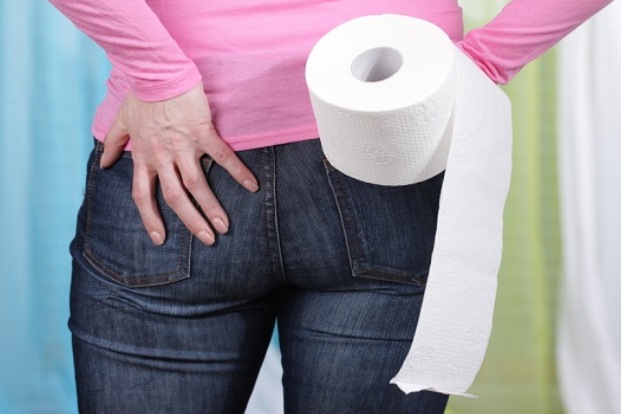Anal disorders and Fissures
Apr 19, 2022
Studies highlight that more than 1 million Indian suffer from anal disorders and fissures. These disorders are primarily characterized by a small tear in the lining of the anus causing pain, discomfort. Anal fissure may occur when passing hard or large stools. An anal fissure can cause pain and bleeding during bowel movements. This condition usually heals on its own in four to six weeks. Common treatments include dietary fiber and stool softeners, as well as creams to the affected area.

Let’s discuss Anal Disorders:
- Hemorrhoids
These are the swollen blood vessels which line the anal opening. Hemorrhoids are a result of chronic excessive pressure due to straining during bowel movement, pregnancy or diarrhea. There are 2 types of hemorrhoids, internal & external
- Internal hemorrhoids
They are blood vessels within the anal opening. If they fall into the anus due to straining, they get irritated & start bleeding. Consequently, internal hemorrhoids could fall down enough sink or stick or prolapse out from the anus.
Treatments for Internal Hemorrhoids:
Improvement of bowel habits like avoidance of constipation, no straining during bowel movement, and movement of bowels when there is an urge. The doctors may also use elastic bands for eliminating vessels, since due to pain the patient may not be voiding stools. The doctor may remove the stools surgically too, however, surgery is required only for fewer patients having very painful, large & persistent hemorrhoids.
- External hemorrhoids
External hemorrhoids are the veins which lie beneath our skin on the external part of the anus. Sometimes, post straining, these external hemorrhoidal veins do burst & a blood clot forms beneath our skin. Such a highly painful condition is known as piles.
Treatment includes removal of clot & vein under a local anesthesia &/or removal of hemorrhoid itself.
- Anal fissures
These are the cracks or splits within the lining of the anal opening. Most common reason for anal fissure is the passage of watery or very hard stools. The crack within anal lining exposes the underlying muscles which control the passage of the stool through anus & out from the body. An anal fissure is 1 of the most painful issues as the exposed muscles get irritated from the exposure to air or stool & cause intense pain, spasm or bleeding after the bowel movement.
Initial treatment of anal fissures includes pain medicines, dietary fiber for reduction of occurrence of the large stools & sitz baths. Sitz baths require us to sit in a few inches of warm water. If these treatments do not relieve our pain, surgery could be required for repairing the sphincter muscle.









